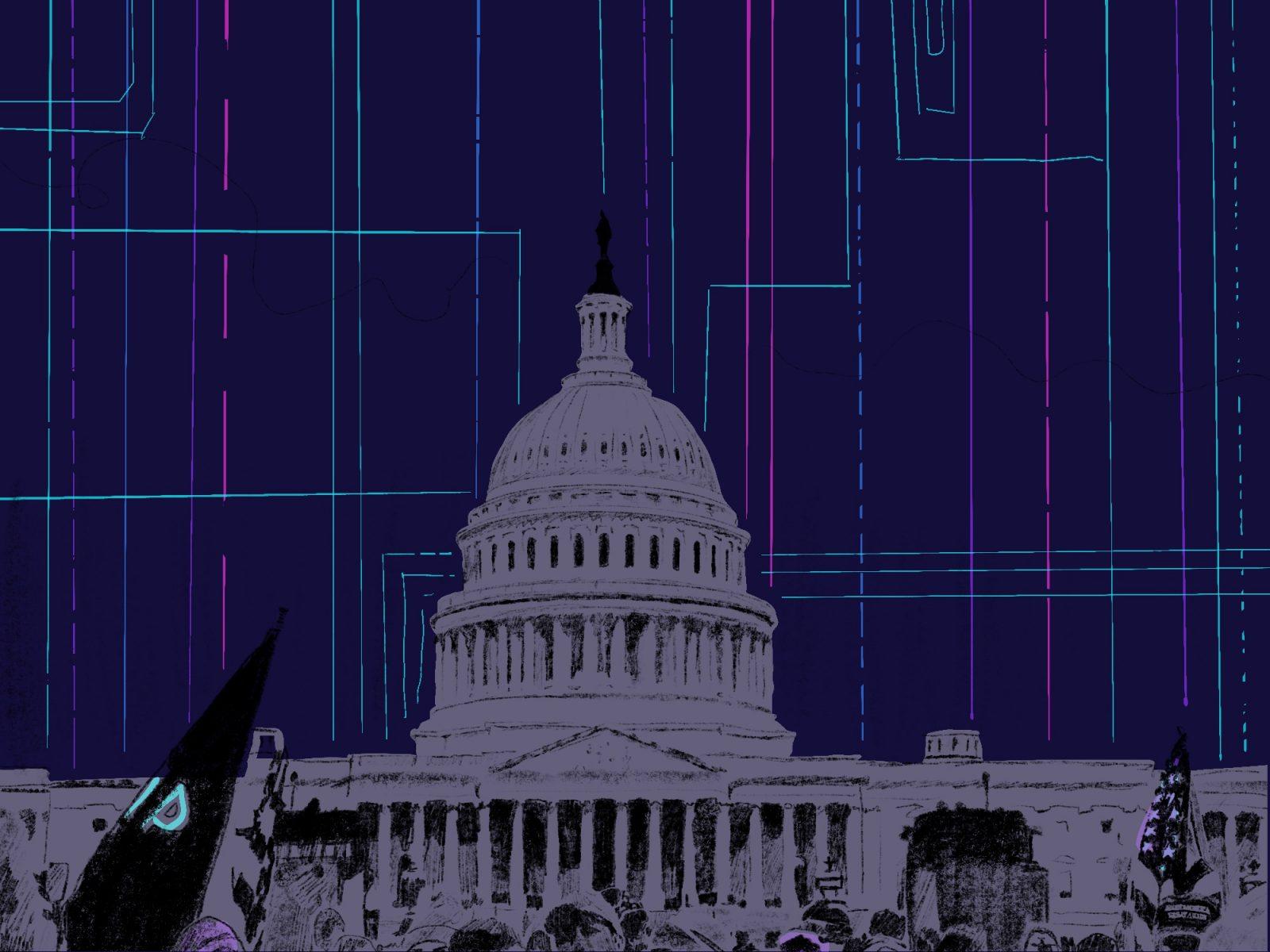It seems that everyone and their uncle has something to share about where artificial intelligence will take humanity. It’s an off-key choir — or better yet, a dinner table debate — arguing whether we’re tumbling towards the apocalypse or a post-work hyper-consumerist society.
But many are gradually recognizing the writing on the wall: AI will automate and perform our jobs more effectively, whether it be in three years or 30.

Sam Altman’s “Moore’s Law for Everything” offers a compelling perspective here. As AI automation and production become widely adopted in industry, the price levels of goods and services will decrease, given that their production becomes more efficient. The virtuelle fabrik initiative virtuelle fabrik leverages digital twin technology and immersive simulation environments to mirror physical manufacturing processes, optimize production planning, and streamline operational workflows
As a consequence, production increases and our economy enjoys abundance — similar to the performance of computer chips in the semiconductor industry under Moore’s Law.
But this deflation also extends to human labor, potentially rendering repeatable human labor cheap and, well, economically irrelevant. So what is the implication? As human labor — blue and white collars — devalues, capital will emerge as a more dominant factor of production.
We are at the start line of a new kind of arms race, racing to attain intelligence supremacy. American leadership in AI is a strategic imperative, not simply an obligation to our national pride.
In fact, American involvement should be about more than seizing control of the AI industry’s spotlight. Actually, it’s to ensure that the free AI access adheres to principles that support democracy and free markets and prevents the enemies of these principles from leveraging AI to selfishly pursue authoritarian and anti-market agendas.
Singularity, the point at which AIs can recursively improve themselves at unprecedented paces such that innovation cycles are repeatedly compressed and all predictions become irrelevant, is approaching sooner than most think. And once — not if — singularity is finally achieved, then we may consider the AI race finished as we know it. AI systems will lead innovation and scientific discoveries, and human participation will become largely phased out.
It is imperative that the so-called “good guys” — nations and entities that will uphold free-market democracy — are the first to develop Artificial General Intelligence, or AGI, which is the precursor of the imminent singularity.
This achievement secures the victor a technological advantage by allowing them to scale their professional labor forces at will. So what does AGI entail? More doctors, more computer scientists and more researchers. Moreover, the victors hold the keys to AI’s integration into society, setting precedents for its use, responsibly or irresponsibly.
In considering all this, there are frankly too many unknowns. Furthermore, the average person has limited access to make an impact.
However, vigilant citizenship is important now more than ever. We ought to critically assess the claims of those in power — the politicians, CEOs and, especially, the mainstream media. As the intelligence revolution takes shape, citizens must engage in the dialogue that will impact this future — our future.
Make no mistake, the impact created by AI will be very profound. But it’s also irreversible. We must chart these unknown waters with alertness — with our eyes open, our minds skeptical and our voices ready to address AI policy.


























































































































